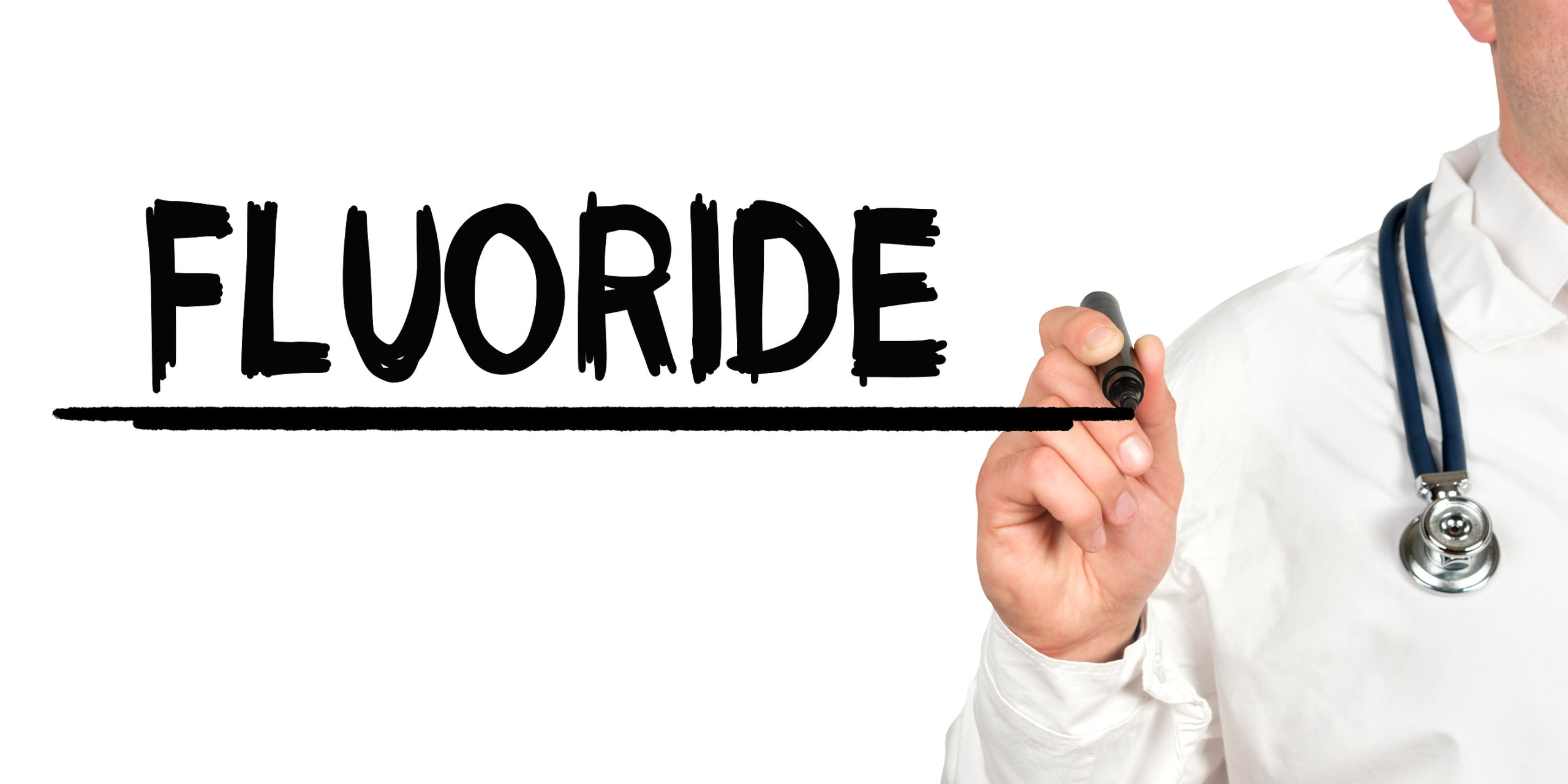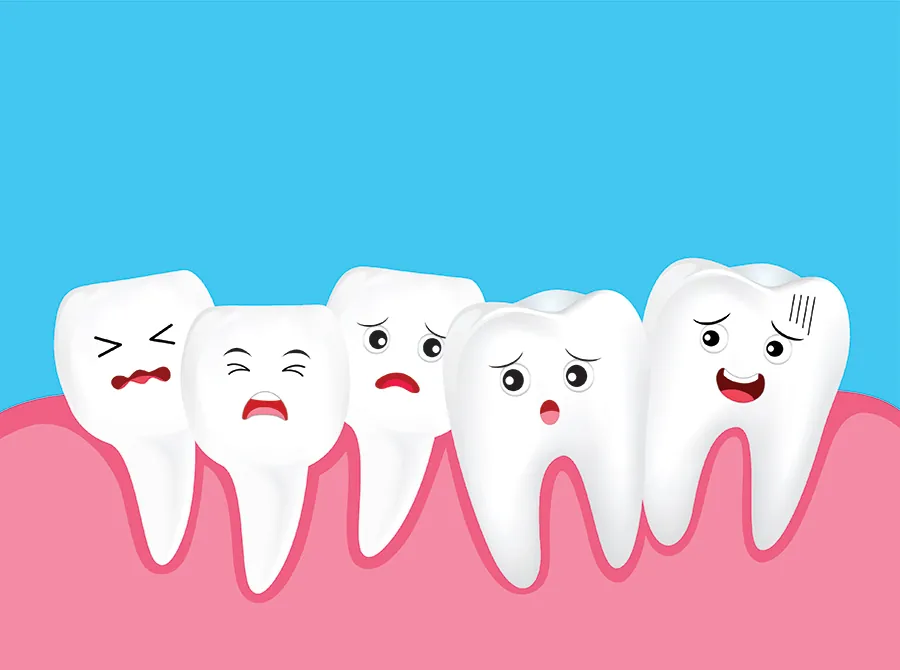
What You Need to Know About Fluoride
Communities have been fluoridating water for 75 years in a concentrated effort to reduce tooth decay among residents, old and young. And it’s working. Significant differences in the number of cavities are seen in communities that fluoridate versus those that do not. But fluoride is not without controversy. Like plenty of things in life, a little is good, a lot is too much. So is fluoride bad for teeth? Success is definitely found in moderation when it comes to fluoride.
To learn more about fluoride and its safety, read on and let The Super Dentists address all your questions.
What is Fluoride and Is It Safe?
First things first…what exactly is fluoride? Fluoride is a mineral derived from a naturally occurring and abundant element called fluorine. It’s found in water and some foods, but not usually at levels enough to be beneficial. Like other vitamins, minerals and supplements, the right amount is safe and beneficial but too much can be harmful.
So is fluoride safe when it comes to your health? Just like you can overdo it on Vitamin D (sunburn, anyone?) it is possible to consume too much fluoride. Fortunately, the gap between recommended levels and actual harmful levels is pretty wide.
The amount of fluoride added to water, naturally found in food and added to an appropriately used amount of toothpaste is unlikely to get close to the harmful levels. In fact, harmful levels (4 parts per million) are generally recognized as almost six times the recommended amount added to municipal water (0.7 ppm) or toothpaste (~2 ppm, most of which you spit out). And to get to those dangerous levels of fluoride, you would have to consume excessive amounts over a long, ongoing period of time.
Are There Different Types of Fluoride?
There are different types of fluoride, from naturally occurring to synthesized. Calcium fluoride is found in everything from your water to soil to rocks. It’s literally all around us and usually quite harmless in the amounts found in the average American tap water. Sodium fluoride is a synthetic fluoride developed for fluoridation of water and toothpastes.
Is Fluoride Good or Bad for Your Teeth?
The answer to this question is a little bit of both. Fluoride is good for teeth in two ways – protection against demineralization and remineralization. Let’s break these two benefits down first:
- Protection against Demineralization. When the bacteria in your mouth combines with sugar, they form an acid that can erode tooth enamel. This is known as demineralization. The minerals that make up your teeth are literally being removed. Protecting against this by strengthening the enamel before the acid hits it is a good thing.
- Remineralization. No matter how healthy you or your child eat, sugar will come into contact with the bacteria in your mouth (even naturally occurring sugar from fruits and vegetables.) And when that happens, the acid forms. And the acid attacks and decreases your enamel. But fluoride swoops in like a superhero to accumulate on those weakened areas. It shores up damaged parts, rebuilding and strengthening the enamel after acid impacts it.
So yes, fluoride is good for your teeth. “But I thought you said it was bad for your teeth, too?” You’re right. The most common complaint about fluoride on teeth is a mild condition known as dental fluorosis. This is a minor discoloration in which tiny white streaks or specks appear on the tooth’s enamel. It does not cause pain, nor does it affect the health of the teeth. But excessive levels of fluoride can cause this tooth discoloration.
Is Fluoride Necessary in Toothpaste and Mouthwash?
Still wondering if fluoride toothpaste is good for you? At The Super Dentists, we absolutely believe fluoride is necessary in toothpaste and mouthwash, as long as the users are using only the amount needed to brush their teeth and are spitting out both the toothpaste and mouthwash. Because of the inclusion of fluoride in toothpaste and other oral products, many are instead questioning the need to add fluoride to water. But with so many people using bottled or filtered water these days, much of that fluoride is filtered out or not included. So yes, fluoride toothpaste for kids is a great way to protect your child’s teeth from decay.
Can You Have Adverse Reactions to Fluoride?
As mentioned, yes, there is a risk that excessive levels of fluoride can cause an adverse reaction. But please keep in mind, these are usually the result of excessive exposure over several years, not an occasional event of swallowing toothpaste.
- Skeletal fluorosis is a condition in which bones may become hardened and less elastic, causing a higher propensity to fractures, limited mobility or pain.
- Thyroid problems may occur, leading to hyperparathyroidism and a depletion of calcium in the bones.
- In some studies, exposure to fluoride was suggested to contribute to neurological and cognitive problems.
Still have questions about fluoride? No problem. Contact The Super Dentists at (855) GO SUPER or Text 1 (844) 765-1234 and discuss your concerns with a caring pediatric dentist who cares about the complete health and wellness of your Super Kid.









